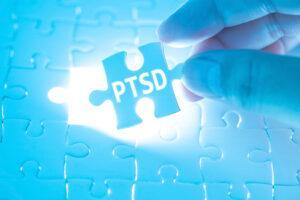
“Not why the addiction but why the pain.” Gabor Mate’
Addictions arise when substances or behaviours become unhealthy and start to impact function levels. It may start as what’s described as social norms such as drinking alcohol, exercising, smoking, overeating, gambling or shopping.
These behaviours can start as an enjoyable activity and over time increase in frequency as a means of avoiding feelings, places or activities that cause distress.
Distracting ourselves with over exercising, overspending on items we don’t need or indulging in drugs and alcohol can sometimes act as a form of self-soothing when feeling distressed and exhausted.
Alcohol as a substance of addiction is especially significant as it’s often used as a way to destress after a busy or difficult shift, or as a way of reducing feelings of overwhelm, sadness or horror when exposed to high stress environments after witnessing scenes involving injuries or fatalities.
Alcohol in moderation, can be soothing and induce feelings of relaxation after work or on weekends however an increase in frequency and quantity may lead to alcohol dependance.
This causes changes in the brain which result in a physical dependance. Alcohol is also known to be a sedative and a depressant that effects the central nervous system.

At first alcohol may act to relax and reduce worries and concerns, reduce feelings of anxiety and assist with falling sleep. However, over time tolerance increases making it more and more difficult to unwind and feel it’s sedative effects which often results in increased alcohol consumption.
As a result, sleep quality is reduced, and normal sleeping cycles are disrupted resulting in poor performance, concentration and productivity.
Likewise with all types of addictions, self-awareness around self-soothing strategies may indicate the presence of problematic issues which is the first step to understanding the situation.
For example, if drinking is becoming a daily habit or overspending and living beyond your means becomes problematic, acknowledging there may be an issue is the first step to finding solutions.
If reducing addictive behaviours becomes difficult and you have concerns about why this is so, this is the time to reach out for support.
Speaking to a colleague, family member or friend about your concerns is a good place to start. For further support seeking a trained professional by way of counselling may be an important step to identifying the underlying issues.

 Exit
Exit











